The Office of the Director of Public Prosecutions (ODPP) under Renson Ingonga has been increasingly critisized for its handling of high-profile corruption cases.
Recently, President William Ruto voiced his dissatisfaction with the ODPP’s approach to addressing corruption, expressing concerns about its effectiveness.
This criticism echoes the growing frustration from the public and other key institutions, including the Law Society of Kenya (LSK), Transparency International, and the Kenya Human Rights Commission (KHRC).
Several major corruption cases have been withdrawn or dismissed under the ODPP’s watch, raising suspicions of ineffectiveness.
For instance, cases against prominent political figures such as former Deputy President Rigathi Gachagua, former Nairobi Governor Mike Sonko, and former Cabinet Secretary Aisha Jumwa were dropped, often with the explanation that there was insufficient evidence to proceed.
This has drawn criticism from various quarters, with many questioning whether the fight against corruption is being undermined.
Critics argue that the repeated dismissal of such cases erodes public trust in Kenya’s justice system and encourages impunity, especially for those with political influence.
The Ethics and Anti-Corruption Commission (EACC) has also expressed concern over the lack of coordination between investigative and prosecutorial bodies.
In several instances, the EACC has opposed the ODPP’s decision to withdraw cases, warning that these actions could weaken the rule of law.
Both Transparency International and the Kenya Human Rights Commission have called for systemic changes to address this issue.
One such reform suggested is to empower the EACC to take over the responsibility of prosecuting corruption cases, to ensure that there are no conflicts between agencies and that the fight against corruption remains effective.
The judiciary has, at times, intervened in the ODPP’s handling of corruption cases, raising concerns about potential abuses of the legal process.
In the Lake Basin Development Authority case, for instance, the courts noted inconsistencies in how certain charges were selectively withdrawn against some individuals while others continued to face prosecution.
This raised doubts about whether the ODPP’s actions truly served the public interest or were driven by political considerations.
The judiciary’s involvement highlights the ongoing tension between the prosecutorial arm and the courts, which seek to ensure fairness and accountability in the justice system.
President Ruto’s recent criticism of the ODPP adds fuel to the growing calls for reform.
The president emphasized that accountability in government institutions is crucial and stressed the need for better alignment between investigative bodies and prosecutorial agencies.
This sentiment resonates with many Kenyans who feel that the withdrawal of corruption cases is a major obstacle to justice and the fight against impunity.
The challenges facing the ODPP point to deeper problems within Kenya’s legal and institutional framework for combating corruption.
These challenges reveal a lack of coordination and transparency between key agencies, leading to the public’s growing cynicism about the integrity of the justice system.







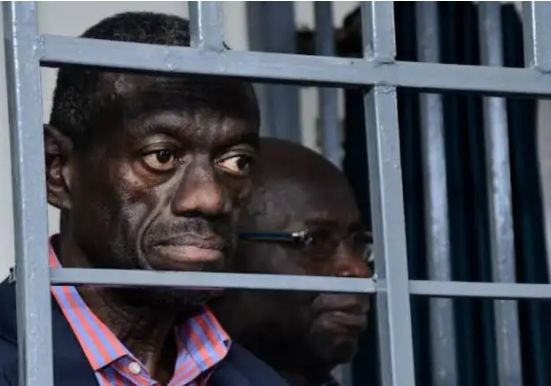
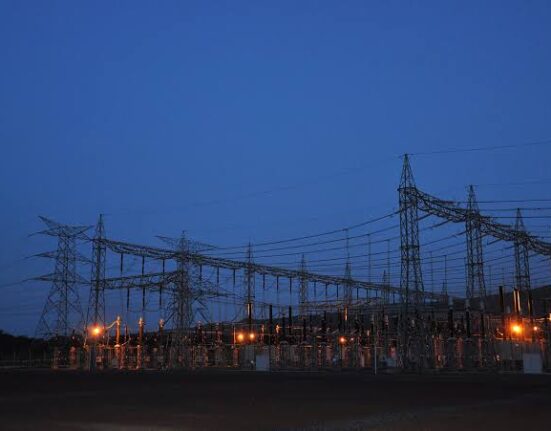
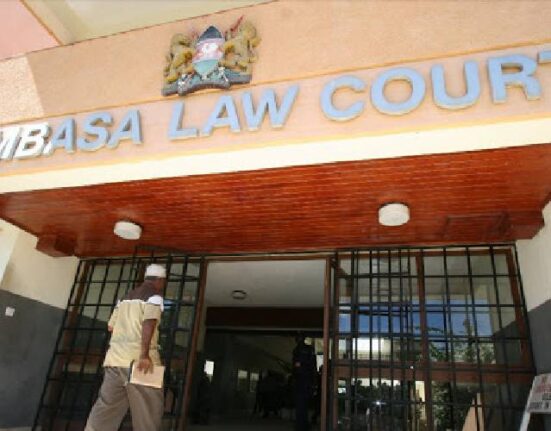
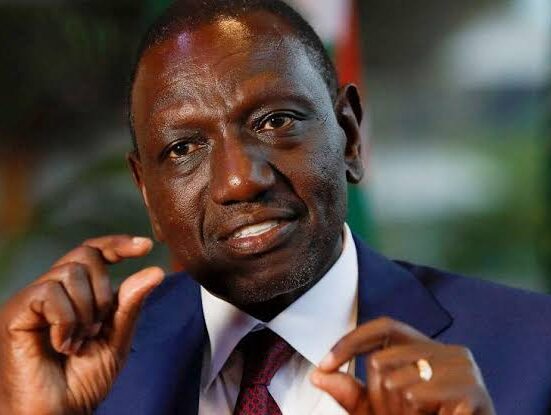
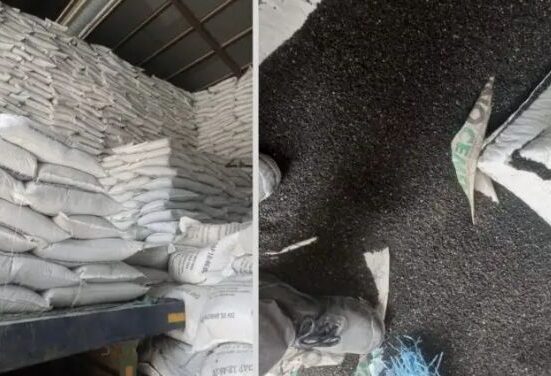
Leave feedback about this